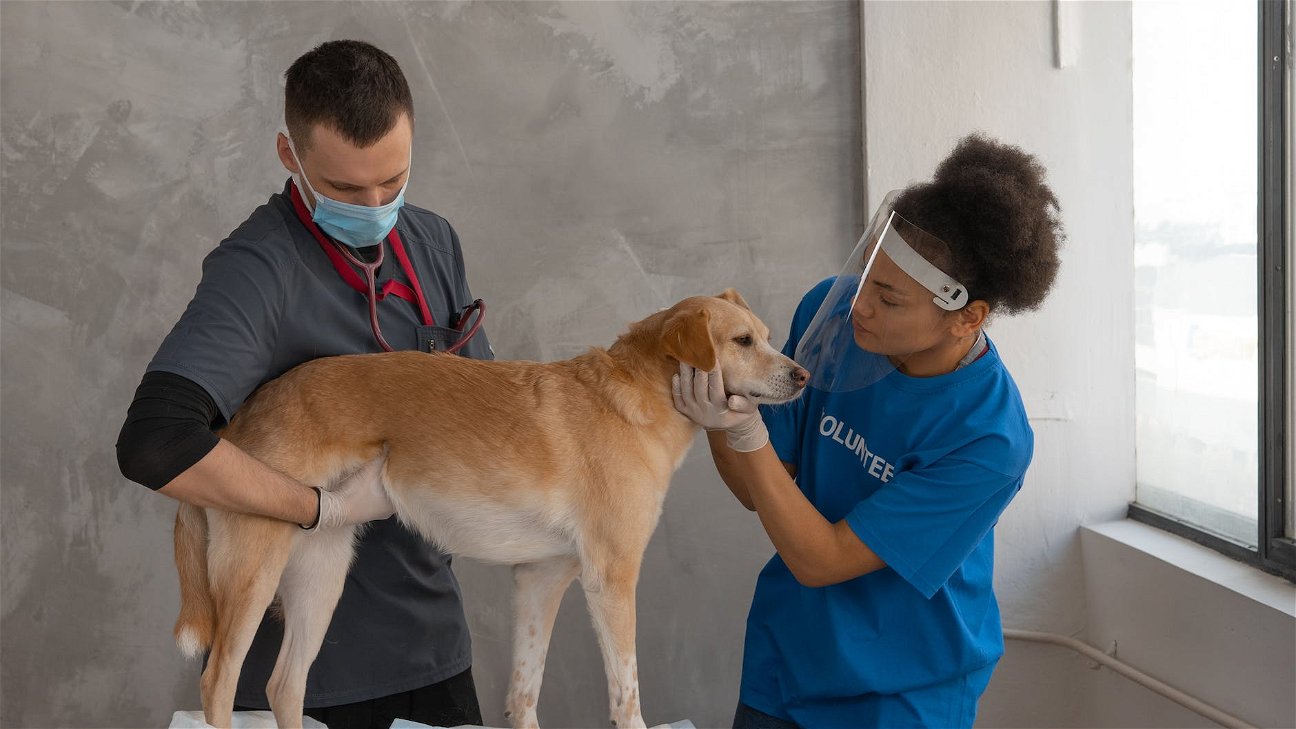
Any pet parent knows that skin issues can be a common problem. Dogs and cats, in particular, can suffer from a range of skin conditions, from allergies to infections. Understanding these conditions and knowing how to prevent and treat them is essential for keeping your pet as healthy and comfortable as possible.
Recognizing Common Pet Skin Issues
One of the keys to handling pet skin issues is knowing what to look for. Here are some of the most common conditions you might encounter:
-
Allergies: Pets can suffer from skin allergies just like humans. Common allergies include food allergies, environmental allergens like pollen or dust mites, and flea allergies.
-
Infections: Bacterial and yeast infections can cause a variety of skin issues. Symptoms often include redness, inflammation, and itching.
-
Parasites: Fleas and mites can lead to severe itching and discomfort.
-
Dermatitis: This is a general term for inflammation of the skin, which can be caused by a variety of factors.
Treating Pet Skin Issues
Treatment for pet skin issues will depend on the underlying cause. It's always a good idea to consult with a vet if you notice any changes in your pet's skin. Here are some general treatment approaches:
-
For allergies, the first step is often identifying and eliminating the allergen. This might involve changes in diet or environment. Medications can also help manage symptoms.
-
Infections often require antibiotic or antifungal treatment, either topically or orally. Regular cleaning and grooming can help prevent infections.
-
Parasites can usually be treated with specific medications. Regular flea and tick prevention is key.
-
For dermatitis, addressing the underlying cause and soothing the skin are typically the main goals. This can involve medications, creams, or changes in grooming habits.
Preventing Pet Skin Issues
Prevention is always better than cure, and this is certainly true when it comes to pet skin issues. Here are some key prevention tips:
-
Maintain a regular grooming routine. This includes regular baths with a gentle, pet-friendly shampoo and regular brushing.
-
Keep your pet's environment clean. This can help prevent parasites and reduce exposure to allergens.
-
Feed your pet a healthy diet. Good nutrition can support skin health and help prevent issues.
-
Regularly check your pet's skin for any changes or signs of problems. Early detection can make treatment easier and more effective.
Remember, every pet is unique, and what works for one may not work for another. Always consult with your vet before starting any new treatments or making significant changes to your pet's care routine.





